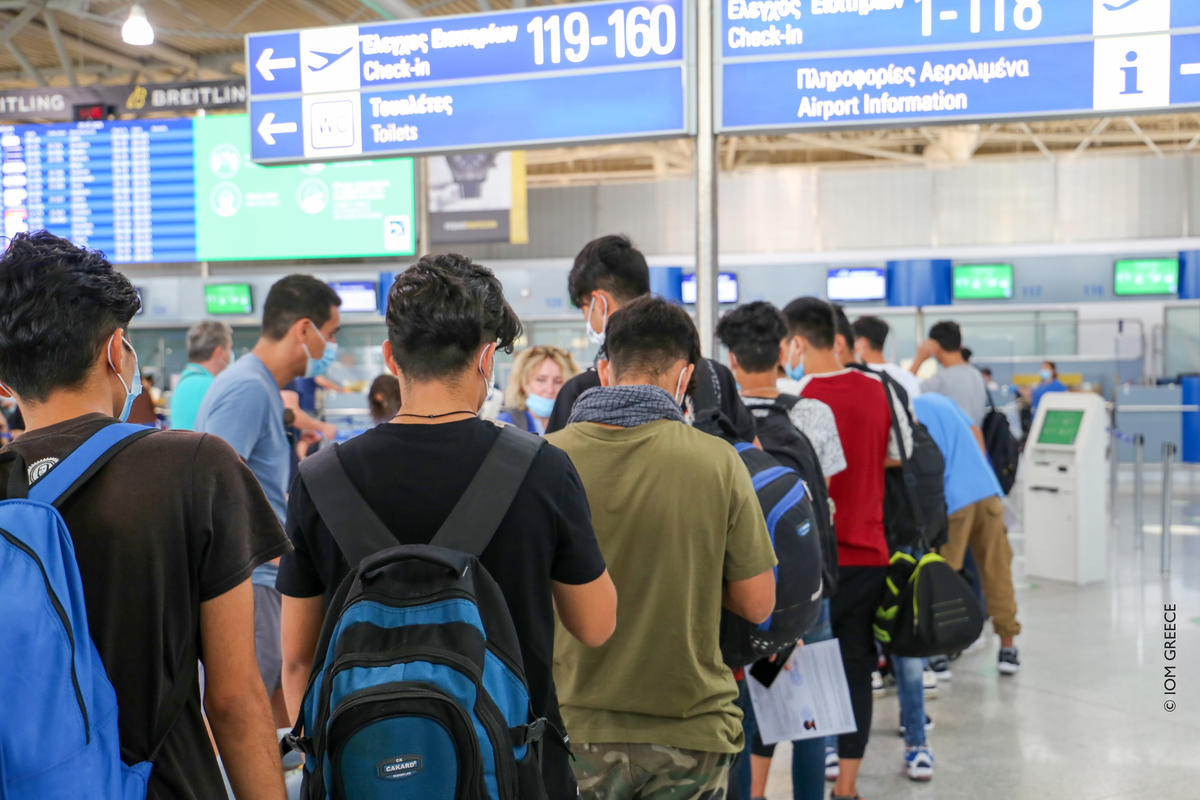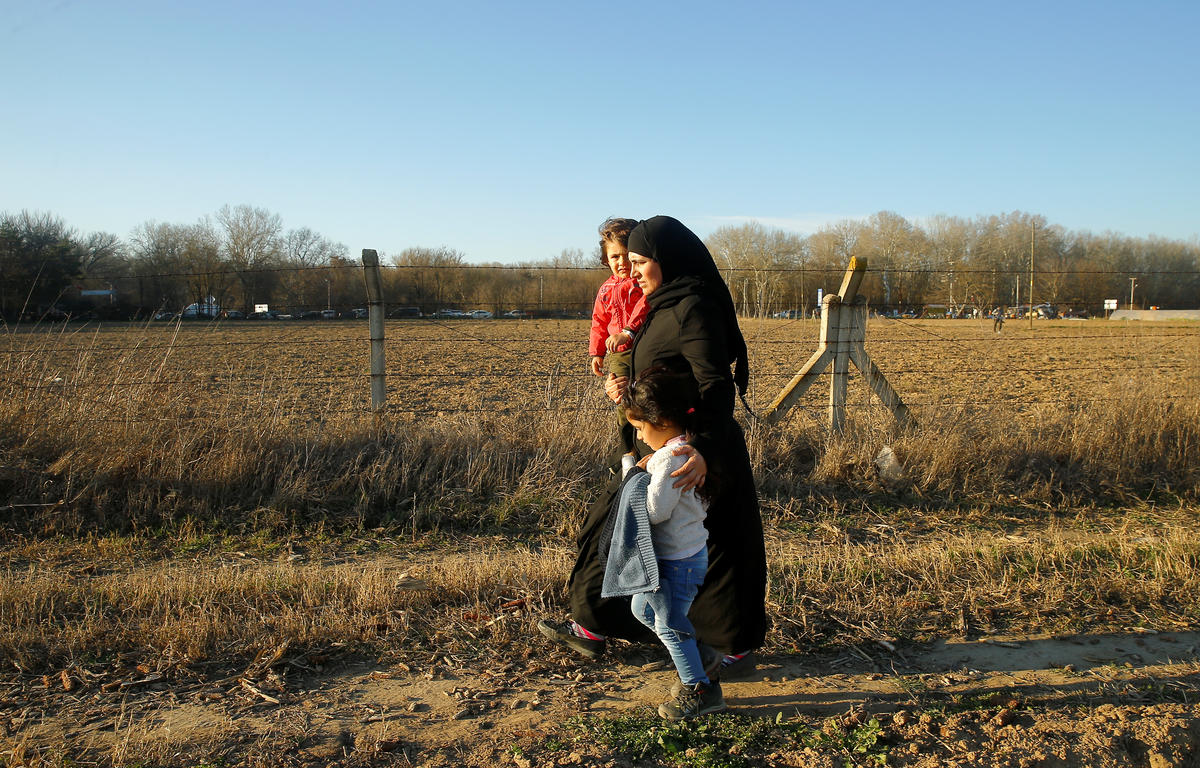Mediterranean boats: UNHCR thanks life-saving crews, calls on coastal states to fulfil their obligations
Mediterranean boats: UNHCR thanks life-saving crews, calls on coastal states to fulfil their obligations
In recent weeks, several people seeking to reach Europe in small boats across the Mediterranean have been ignored and left stranded in the middle of the sea while in life-threatening situations and clear distress. UNHCR is very concerned about the lack of a strong and uniform commitment by coastal states to allow for prompt disembarkation which has resulted in some shipmasters ignoring their obligations and longstanding maritime tradition to help people in distress.
UNHCR understands the challenges posed by the repeated arrivals of mixed groups of migrants, asylum seekers and refugees in various Mediterranean countries but emphasizes that the need for assistance to people in distress at sea should remain the first priority.
UNHCR is particularly concerned about the whereabouts of at least 53 people of mostly Eritrean origin who went missing more than a week ago between Libya and Malta. The group which includes 28 women and 6 children was last seen by the Maltese armed forces aboard a boat off the south coast of Malta on 21 May. UNHCR immediately issued an appeal asking all governments in the region to step up their efforts to trace the missing vessel.
On Thursday 24 May, the Italian Navy sent out an Atlantic aircraft and seven patrol boats of the Italian coast guard for a search and rescue operation in Italian waters, which was later extended to the Maltese and Libyan rescue at sea areas. The group was not discovered. UNHCR recently received indications that the group may be in Libya and we are now also in contact with the Libyan authorities in the hope of locating the group, but without success so far.
While searching for the missing 53, the Italian crew did locate another group of 27 sub-Saharan nationals who had been clinging to fishing nets attached to a Maltese fishing boat for three excruciatingly hot days and freezing nights. The group had received limited water and fruit from the fishing boat's crew, but were not allowed access to the vessel. The Italian Navy later rescued them and took them to Lampedusa, where they have received assistance and will have access to national screening procedures.
In a third incident on 25 May, the Italian coast guard picked up another group of 52 individuals, including a child and seven women who had been spotted by a Maltese aircraft but did not send out a distress call. A day later, a Spanish fishing boat rescued 26 people - mainly from Côte d'Ivoire - on a sinking boat about 100 nautical miles from both Libya and Malta and provided them with water, food, blankets and assistance. The people were not allowed to disembark in Libya or Malta, and have now been accepted for disembarkation in Spain.
UNHCR is grateful for the prompt humanitarian response by the Italian and Spanish crews who made the saving of lives their priority and in this context calls on all coastal states to fulfil their international obligation in respect of the law of the sea. We further appeal to governments to strengthen coordination and cooperation in rescue operations to ensure that such incidents do not occur again. UNHCR specifically urges the government of Malta to accept the recent amendments to the maritime conventions (SAR and SOLAS Conventions), which aim to ensure that the obligation of the ship master to give assistance is complemented by a corresponding obligation of states to co-operate in rescue situations. Malta is one of the few countries that did not accept these amendments.
In view of the grave nature of these events, UNHCR urges the European Commission to take further steps to reaffirm and outline the responsibilities of member states to rescue lives at sea and to allow for disembarkation.









